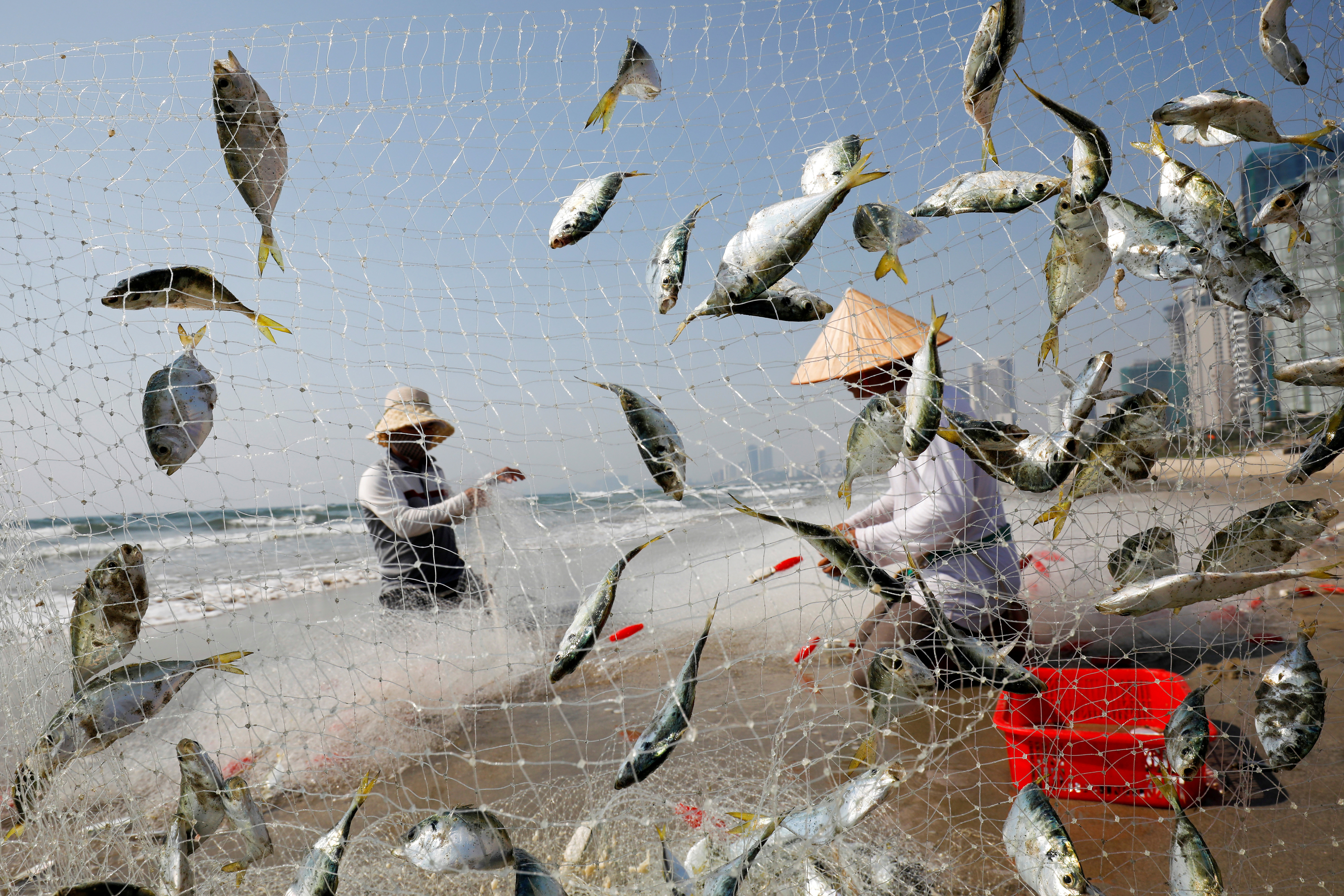
La biodiversidad oceánica está en peligro y la tecnología puede ayudar a salvarla
Mientras la COP16 se reúne en Colombia, la tecnología está ayudando a monitorear y hacer cumplir las reglas para proteger la vida en nuestros océanos.
Tony Long is CEO of Global Fishing Watch, an independent non-profit that aims to improve sustainability in our ocean resources through increased transparency in commercial fishing activity.
Previously, he led the Pew Charitable Trusts’ work to end illegal fishing.
Global Fishing Watch, is evolving to deliver in four key areas; the public and free technology platform monitoring fishing activity; research and innovation to promote data sharing for better science; provision of a Data and Analysis Cell to support the wider understanding of fishing activity and benefits of transparency, and the transparency program designed to bring more vessel tracking data into the public realm, improve compliance and make plain the global footprint of fishing.
He entered into ocean conservation after 27 years in the Royal Navy. He commanded a mine-hunter and a frigate, and served on the head of the Navy’s strategy team, providing ministerial-level defence planning and policy support. He holds an MA in Defences Studies from KCL

Mientras la COP16 se reúne en Colombia, la tecnología está ayudando a monitorear y hacer cumplir las reglas para proteger la vida en nuestros océanos.

東部熱帯太平洋海洋回廊(CMAR)は、ラテンアメリカ4カ国が海洋保護区を守るために設立しました。国連生物多様性会議2024がコロンビアで開催されるにあたり、公海を保護するためのデジタル革命をCMARがどのように主導しているかを紹介します。

As the UN Biodiversity Conference 2024 meets in Colombia, here's how technology is helping monitor and enforce rules on protecting ocean biodiversity.
The COVID pandemic has made it tougher than ever to detect illegal fishing. Digital tracking and tracing could be a great help as we rebuild our economies.
